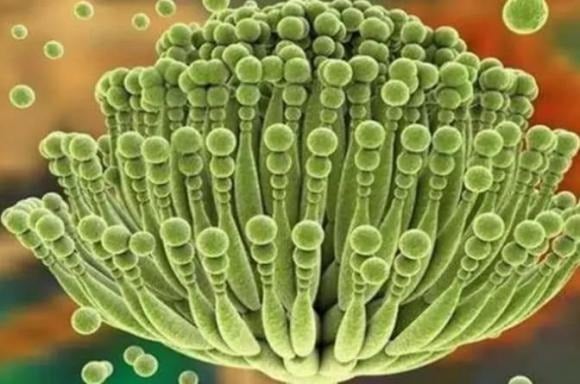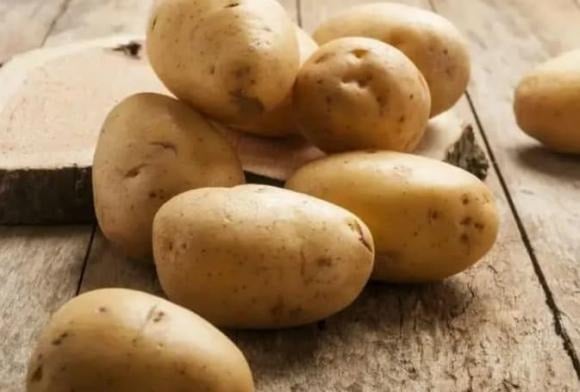While many believe that storing food in the refrigerator is absolutely safe, the truth is more complex. Certain foods, if stored improperly, can lead to the formation of aflatoxin, a toxic mold that can have carcinogenic effects. Here are five foods you should avoid keeping in the fridge for extended periods.
What is Aflatoxin?
Aflatoxin is a toxic mold that can form on food items when they are improperly stored, particularly in damp and moldy environments. This toxin has been classified as a Group 2 carcinogen by the World Health Organization (WHO), indicating that it is a probable carcinogen for humans.
Aflatoxin is commonly found on the surface of cereals, beans, and nuts. If consumed, it can cause harm to the liver, kidneys, mouth, and mucous membranes. In severe cases, it can lead to acute poisoning, resulting in symptoms such as nausea, bloating, diarrhea, indigestion, and even fainting.

Five Foods to Avoid Storing in the Fridge
1. Potatoes: They tend to sprout when refrigerated, producing solanine, which is harmful to health. Additionally, their nutritional value diminishes.

2. Green Vegetables: Refrigeration causes vegetables to wilt and lose their nutritional value. They can also produce nitrates and aflatoxin in a cold, damp environment, which can affect the liver if consumed regularly.
3. Tropical Fruits: Chill-sensitive fruits like bananas, mangoes, and pineapples lose their flavor and texture when refrigerated. Some may also ferment and produce aflatoxin-generating bacteria.
4. Dried Spices: Spices like pepper, cinnamon, and cloves readily absorb moisture, leading to mold and toxin formation when refrigerated. Store these in a cool, dry place instead.
5. Noodles: Fresh noodles, in particular, are susceptible to mold and aflatoxin formation. Reheating does not eliminate the toxin, and consumption can affect digestion and the liver.
Effective Strategies to Prevent Aflatoxin Contamination
While aflatoxin is a dangerous mold toxin, you can easily prevent its formation with these simple habits:
Do not consume moldy food: Especially with nuts, corn, and dried beans. If you detect a strange odor or signs of mold, discard the food immediately.
Regularly clean your refrigerator: A dirty fridge provides an ideal environment for bacteria and mold growth. Aim to clean it thoroughly every 2-3 months.
Avoid overstocking: Buy only what you need. Opt for well-packaged, smaller portions that are easier to store properly.
Store food correctly: Keep food items in a cool, dry, and well-ventilated area. For homemade oils and peanut butter, consume soon after opening.
In summary, not all foods benefit from refrigeration. Proper storage methods are key to preventing toxin formation and maintaining the health of your family.


































